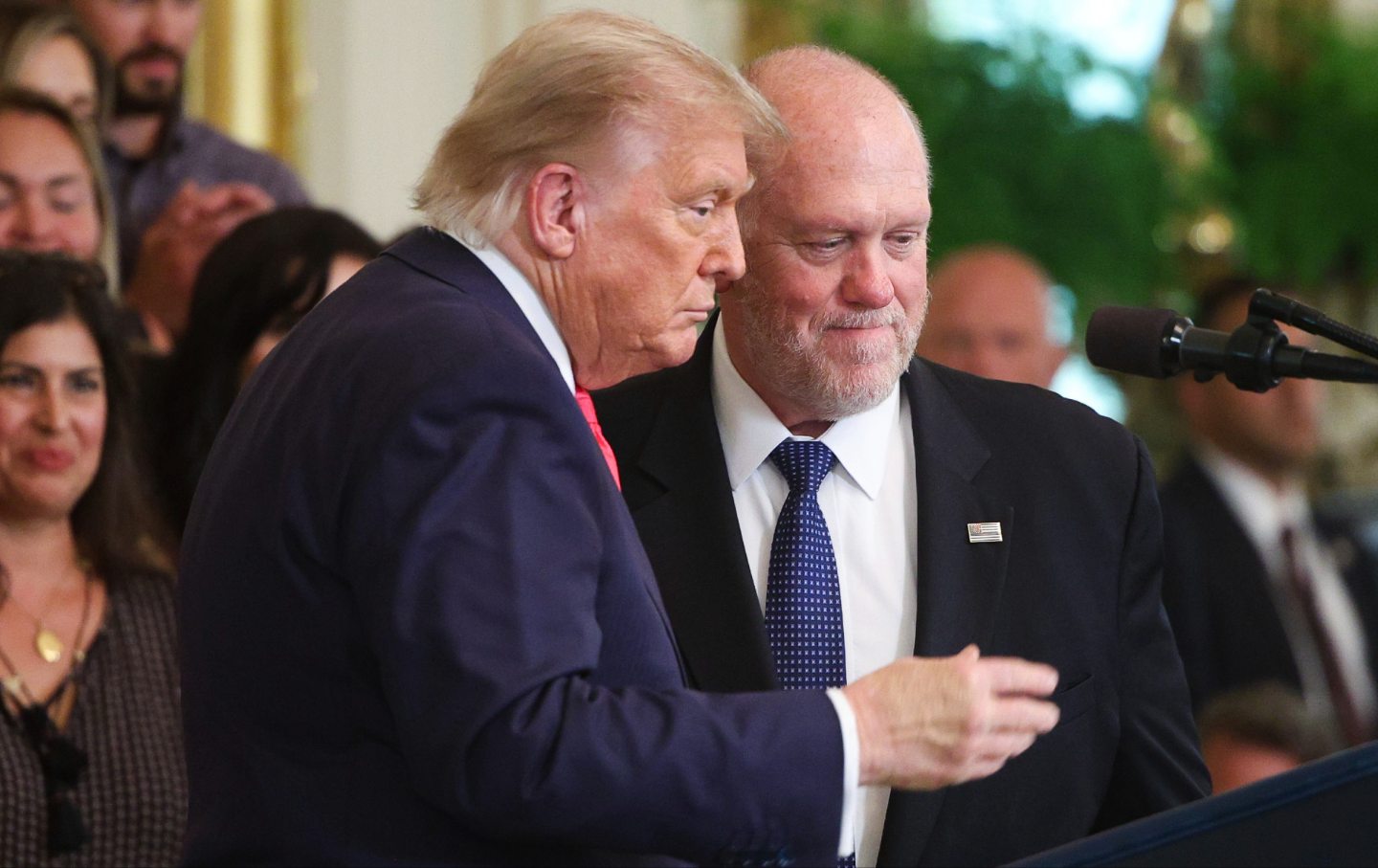
Maryland Governor Wes Moore, known for his commitment to bipartisanship, now finds himself at a pivotal crossroads as pressure mounts to redraw congressional district lines that could potentially eliminate the state’s lone Republican representative. This challenge comes in the wake of rising tensions within national politics and as a response to calls from former President Donald Trump for Republican-led states to rethink their voting boundaries ahead of the crucial midterm elections.
Moore, who campaigned under the banner of “leave no one behind,” drawing from both his military background and his dedication to cross-party collaboration, is now confronted with the reality that strict adherence to bipartisanship may not be feasible in a political landscape that is becoming increasingly polarized. In a recent interview with WAMU’s Jenny Abamu, Moore highlighted his reluctance to be confined by political labels such as “progressive” or “moderate,” emphasizing instead his belief in taking action that serves the people of Maryland.
During the interview, when asked about his political identity, Moore reflected, “What is the Democratic platform? What is the Republican platform? I don’t know. I can tell you my beliefs. I can tell you what we’re trying to do in Maryland.” This sentiment echoes his diverse experiences prior to entering politics—having served as a soldier, investment banker, author, and CEO of a philanthropic organization.
Moore has also forged working relationships with Republicans, such as Ed Rothstein, a former Carroll County commissioner who now serves in Moore’s Cabinet as the secretary of the Department of Veterans and Military Families. Rothstein remarked, “We speak the same language when it comes to loyalty, responsibility, respect, honor, personal courage. These are not just words, but they’re ways of life.”
However, Moore’s commitment to bipartisanship is being tested more than ever as he navigates the implications of redistricting. Trump’s recent rhetoric has incited calls for Republican states to alter their voting maps to fortify their congressional foothold, with the former president asserting that states should not hesitate to redraw boundaries to serve their political interests.
While traditional practices dictate that redistricting occurs decennially after the census, Moore suggests that Maryland must evaluate all options in response to emerging tactics from Republican states. He stated, “I believe deeply that all options need to be on the table in the state of Maryland because if we are going to have specific states—Trump-picked states—saying we should have a process to decide, do we have fair maps, then you know what? So should Maryland.”
Currently, only one of Maryland’s eight congressional seats is occupied by a Republican, despite the party representing approximately 24% of the electorate. This reality raises concerns among some Republican leaders, like Brigitta Mullican, the treasurer of the Montgomery County GOP, who argues that the current political landscape already suppresses Republican representation through gerrymandering. “I’m not happy about it, but you know what? I personally can’t change any of that. But very disappointing,” Mullican expressed, highlighting the frustration felt among her party’s base.
The issue of redistricting is particularly sensitive in Maryland, where a previous map drawn by the Democratic legislature was struck down by the courts for extreme partisan gerrymandering. Mullican insists that fairness must prevail in the political process, stating, “They play games on both sides. And my thing is do the right thing. I want our districts to be properly redistricted right.”
Despite the contentious landscape, many progressive voters are hopeful that Moore will continue to stand strong against Trump’s influence. Activist Dee Clarkin of Montgomery County remarked, “I mean, Trump is a bully, and Governor Moore seems to instinctively understand that, and he is pushing back appropriately.” Clarkin sees redistricting as a necessary tactic to combat Trump’s agenda, which threatens the core tenets of Moore’s campaign slogan, “leave no one behind.”
As Maryland gears up for the midterm elections, the stakes are high for both parties. The decisions made in the coming weeks regarding redistricting could either strengthen or weaken Moore’s position as a bipartisan leader, shaping the political landscape not only in Maryland but potentially influencing the broader national conversation as well. With Moore at the helm, the eyes of both supporters and critics alike remain fixed on how he navigates this complex and politically charged challenge.


